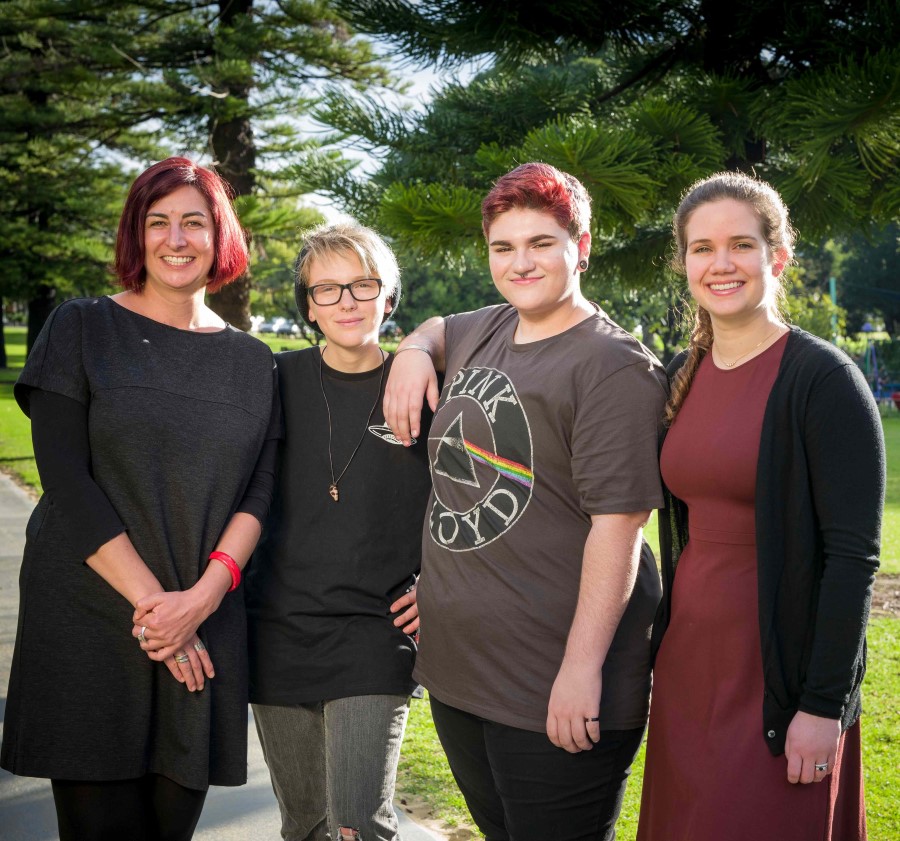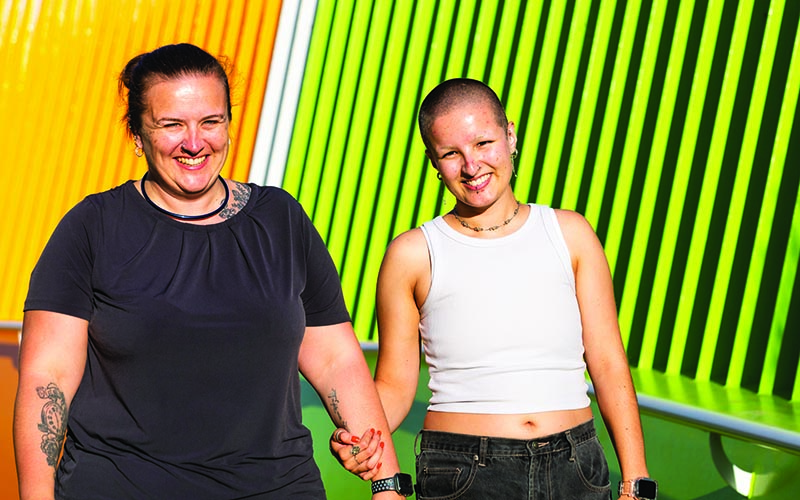Search
Research
The Role of the Avatar in Gaming for Trans and Gender Diverse Young PeopleA significant proportion of trans and gender diverse (TGD) young people report membership of the gaming community and resultant benefits to wellbeing. To date their experiences and needs regarding a key feature of games, the avatar, are largely unexplored, despite increasing interest in the therapeutic role of avatars in the general population. The aim of this study was to better understand the role of the avatar in gaming, its impact on TGD young people's mental health, and their unique needs regarding avatar design.
Research
Options and realities for trans and gender diverse young people receiving care in Australia's mental health system: findings from Trans PathwaysTrans and gender diverse young people experience mental health difficulties self-harm and suicidality at markedly higher rates than the general population, yet they often feel isolated from mental health services. There is little qualitative research on the experiences of trans and gender diverse young people accessing mental health support in Australia.
Research
Tertiary paediatric hospital health professionals' attitudes to lesbian, gay, bisexual and transgender parents seeking health care for their childrenLesbian, gay, bisexual and transgender parents are often reluctant to disclose their sexual orientation to health professionals for fear of discrimination...

News & Events
Trans Pathways provides evidence base to improve mental health of Trans YouthA ground-breaking survey by The Kids researchers has become the new reference point to guide policy change and educate health providers to better support trans and gender-diverse youth in Australia.

News & Events
Trans Pathways breaks down barriers for Trans YouthWhen Trans Pathways ambassador Drew, 17, came out as trans three years ago, the biggest hurdle for him was the availability of services and the time it took to access support.

News & Events
My child is trans – how do I support them?Raising a child in one gender and then having them identify as another at any stage in their life can be difficult for a parent to understand and is not always an easy shift for a parent to make.
News & Events
Pilot program to improve gender equality in scienceThe Kids Research Institute Australia is proud to have been selected in a pilot program to improve the promotion and retention of women and gender minorities in science.

News & Events
Game aims to alleviate depression for trans youthA digital game adapted by researchers is set to deliver engaging, accessible help to prevent depression for trans and gender diverse young people.

News & Events
Healthway supports innovative mental health, physical activity research at The KidsThe Kids Research Institute Australia and The University of Western Australia researchers have been awarded more than $1 million in funding from Healthway, for projects to improve the mental health of LGBTQA+ young people, encourage early physical activity in childcare centres and create healthier local environme

A new website for parents of trans children and young people across Australia is expected to improve family wellbeing and ultimately save lives after launching in May 2023.
